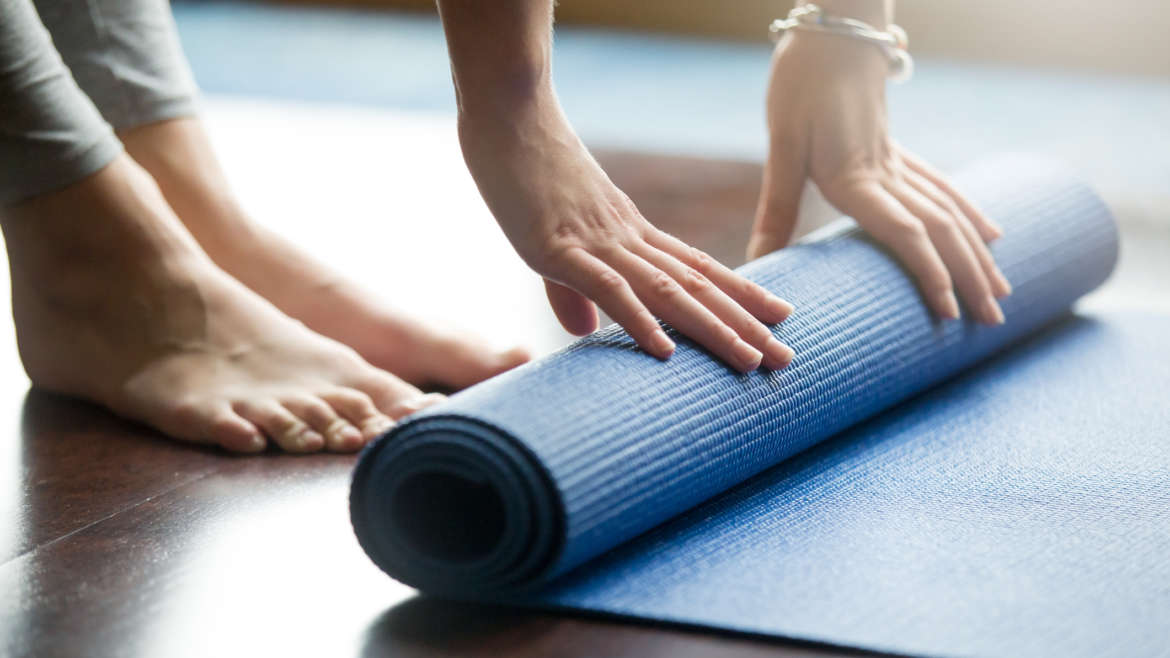You’ve likely read an endless number of tips and tricks in relation to crafting a training plan for the marathon – you may have your mileage planned, your routes mapped out and an idea as to how you’ll build up training session intensity. However beyond running sessions, there are a wide array of activities that you can undertake to enhance your marathon preparation.
Undertake cross-training
Cross training, also known as circuit training, combines numerous exercises for optimal outcomes. Particularly beneficial exercises for runners include cycling, swimming and fitness classes. Balancing your training between these and running can also assist rehabilitation and nurture quicker recovery times.
Take time to strength train
Strength training is especially beneficial for those who will soon be undertaking a marathon – offering improved performance and a reduced risk of injury.
As a runner, your strength training focus should be on your calf muscles, quads, glutes and hamstrings. You may also want to see an osteopath for bespoke guidance on how you can achieve the best results from your strength training.
Attend classes to improve your recovery
Classes such as Yoga and Pilates are considered cross-training, but they’re worthy of a special mention as they’re particularly useful for stretching and improving flexibility. If you’re able to attend such classes post-run then all the better.

Research mental training strategies
Research has shown that there’s a strong link between mental training and performance – and such training is simple to introduce to your day. Visualise crossing that marathon finishing line at a time that displays your personal best. This technique is used by Olympians the world over. Further mental strategies that can help ensure you stay motivated include developing a mantra and reframing negative thoughts.
Carefully consider your diet
As a runner, the things that you eat and drink before, during and after training can have an incredible impact on your training. Our article on what to eat when training for a marathon can help with this task.
Train for all weathers
It’s impossible to predict what the weather will be doing come race day. For this reason, it’s important to undertake training in varying weathers to be prepared, come rain or shine.
Run a half-marathon
You may have your running training all worked out, but have you booked in for a few half-marathons? Running in an actual race alongside many others can provide for solid experience come the day you need to cover those arduous 26.2 miles.
Finally… Relax.
Taking time to relax is essential for allowing the body to recover – and this extends to include your other obligations outside of training. In the final week running up to the marathon, you should ensure that you have work commitments under control, opt to stay in, rather than go out and indulge in complete rest come the final 24 hours.



Add Comment